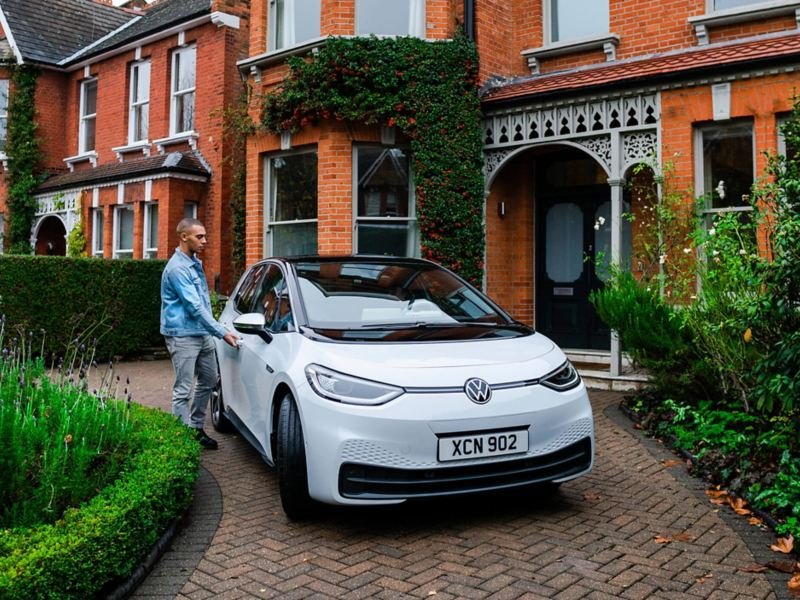Range anxiety, is it real? 🤔
The second biggest barrier to buying an electric car, after affordability, that potential electric car customers have is a fear of running out of battery due to a lack of available charge points, this is commonly known as range anxiety. However, a study conducted by researchers at Volkswagen have found that this fear may be irrational, and that range anxiety is more likely something that we have built up in our heads, rather than a reflection of the underdevelopment of the UK’s charging infrastructure.
This image is sourced from Escalent
Most of us have felt the sinking feeling when we are out on town, and our phones battery is nearly at 0%. Statistics show that more than half of the people in Britain feel a sense of “panic” if they know their device is going to run out of juice soon. The same principle applies to people who are sceptical of the availability of electric car charge points.
As a result, range anxiety is the theory that finds people avoid taking longer journeys in their electric car, or go to places and areas they are unfamiliar with - as they are afraid they may run out of battery, and be left stranded without a charge point in sight.
Although a third of the population in the UK believe that there are an insufficient number of charge points in the UK, this view seems misguided. Firstly, the average car journey is around 10 miles in the UK, and the average range of an electric car is around 200 miles - it's unlikely you’ll be stranded somewhere with no charge.
The CEO of Volkswagen Financial Services UK, Mike Todd said that alleviating the fears of range anxiety would become “much easier if you have multiple chargers within close proximity.” However, even if we assume you completely forgot to charge your car the night before and your battery is running on fumes - as of August 2022, there are more than 40,000 charging points spread across the UK for you to use - this is more than any petrol or diesel station (not to mention the 400,000 home and work place charge points).
This image is sourced from Caffyns
To ease your mind further, try downloading an app like Zap-Map, where you can get information like where the nearest charge point is, if it is currently occupied, what kind of connectors are compatible with your car and how much they cost per kWh. This way, wherever you are going, you can keep note of a nearby charging station in case it is needed for emergencies.
The research gathered by Volkswagen is quite interesting - despite the low likelihood of an electric car driver running out of battery without a nearby charger, it is still a cause for concern for a lot of potential drivers. Hence, the goal should be to educate potential buyers that range anxiety is an illusion, and is created by our own fear of poor charging infrastructure. It should be noted that the government has invested hundreds of millions of pounds to further improve the charging network in the ramp up to the 2030 ban on ICE vehicles.
How does electric car salary sacrifice work?
Salary sacrifice is like the cycle to work scheme for electric cars. With an electric car salary sacrifice scheme, the company will lease the car for the employee and return, the employees agrees to sacrifice a portion of their salary. To receive such a benefit, there is a low benefit in kind (BIK) tax set by the HMRC. However, this is currently set at 2% until 2025 when it will rise by 1% each year till 2028 when it will be reviewed.
The Electric Car Scheme sets up and manages the salary sacrifice scheme for your company at no cost.
Book a call with one of our Specialists or calculate what you could save, today!
Images on this site are sourced from third party websites as listed below each image and are the property of their respective owners. If you believe any content infringes your copyright, please contact us at marketing@electriccarscheme.com.



